Bangkok, Apr 4 (V7N) – On the sidelines of the BIMSTEC Summit in Bangkok, Bangladesh's Chief Adviser Professor Dr. Muhammad Yunus and Indian Prime Minister Narendra Modi held a significant bilateral meeting lasting over 30 minutes, marking their first official engagement since the interim government in Dhaka assumed office.
The meeting, held on Thursday afternoon, focused on a wide range of bilateral issues, including Sheikh Hasina’s extradition, border killings, and the longstanding issue of Teesta river water sharing.
Confirming the development, Chief Adviser’s Press Secretary Shafiqul Alam told Bangladesh Sangbad Sangstha (BSS), “The meeting between the heads of government of Bangladesh and India was very constructive and fruitful. We discussed all issues of mutual interest.”
The press secretary noted that Sheikh Hasina’s extradition—an issue gaining increasing diplomatic attention—was officially raised by the Bangladeshi delegation. Discussions also touched on her recent provocative statements made from India, which Dhaka views as destabilizing in the current political context.
Beyond bilateral concerns, both leaders reaffirmed their commitment to regional peace, security, and cooperation through the Bay of Bengal Initiative for Multi-Sectoral Technical and Economic Cooperation (BIMSTEC) framework.
The Teesta water-sharing agreement, which has remained unresolved for years, was also brought to the table, with both sides reportedly agreeing to revisit the matter through technical and diplomatic channels.
The BIMSTEC Summit, taking place in Bangkok from April 2 to 4, is being attended by heads of state and high-level delegations from member countries. Professor Yunus, who arrived in Thailand on April 3, is set to assume the chairmanship of BIMSTEC for the next two years at the conclusion of the summit.
The Yunus-Modi meeting marks a significant shift in Dhaka-New Delhi relations as Bangladesh’s interim leadership engages in regional diplomacy amid a shifting political landscape.
END/MSS/AJ



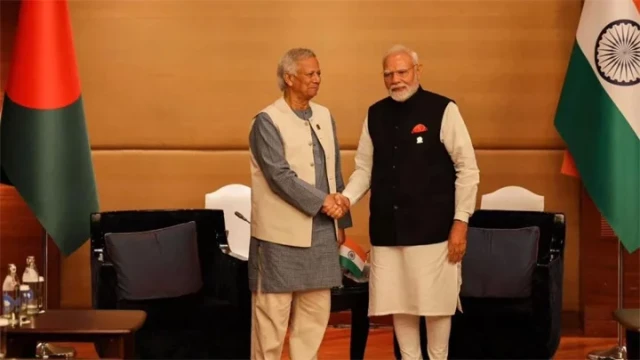
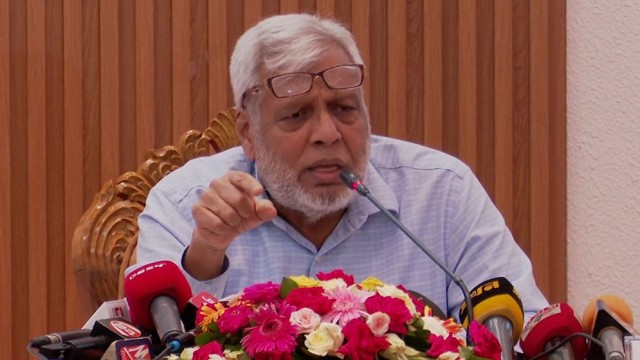
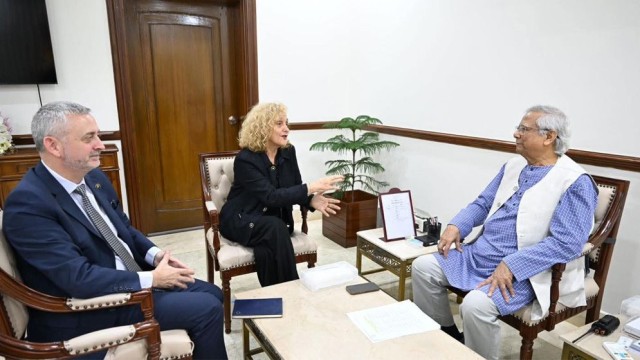
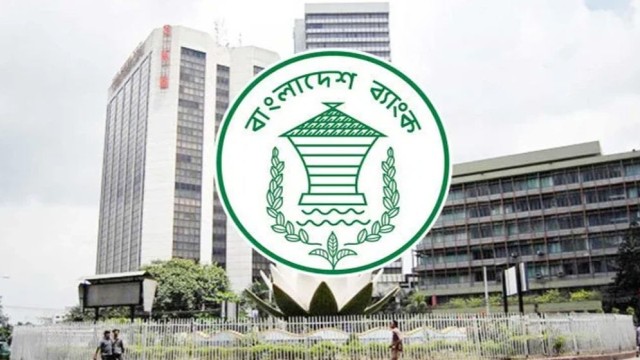

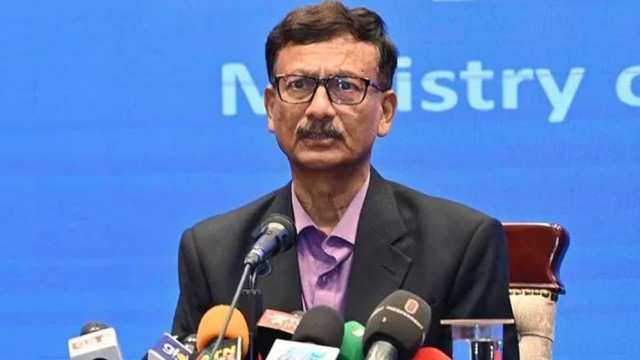
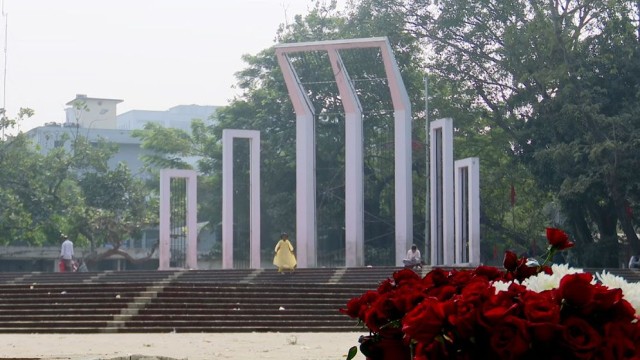
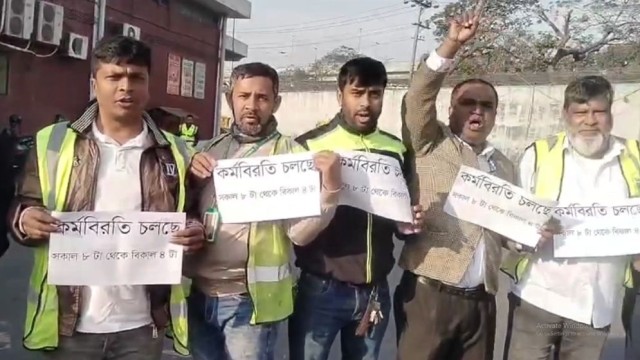
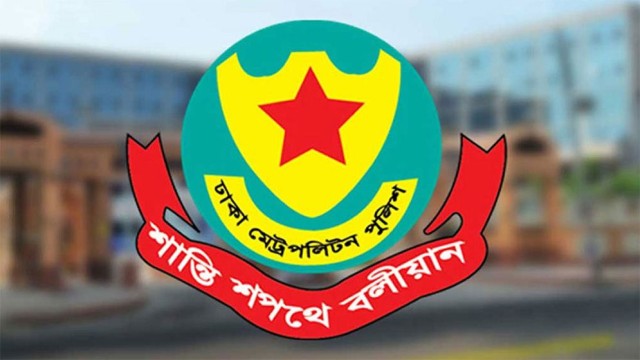
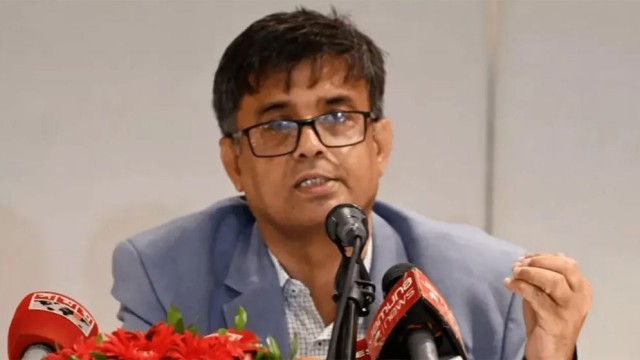
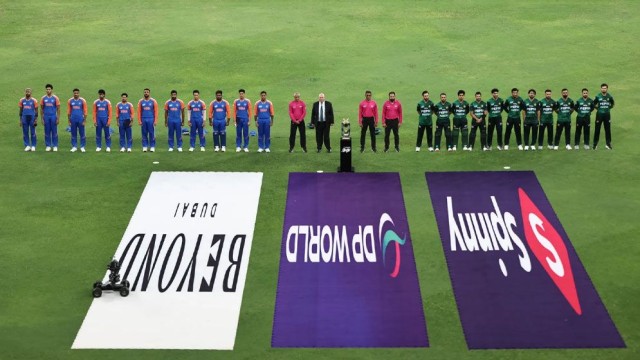

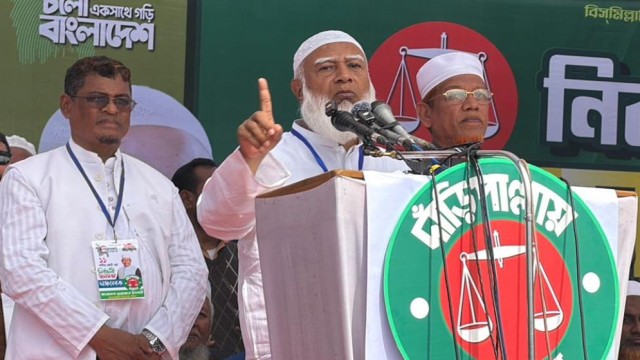
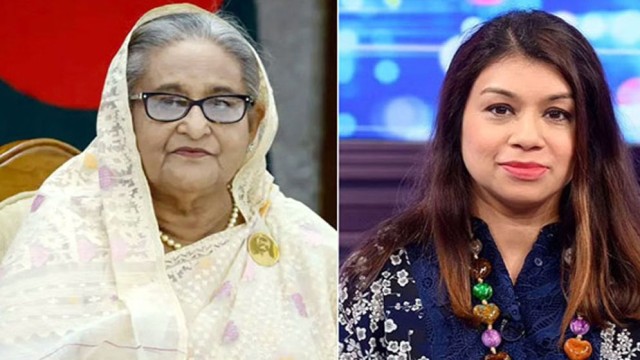
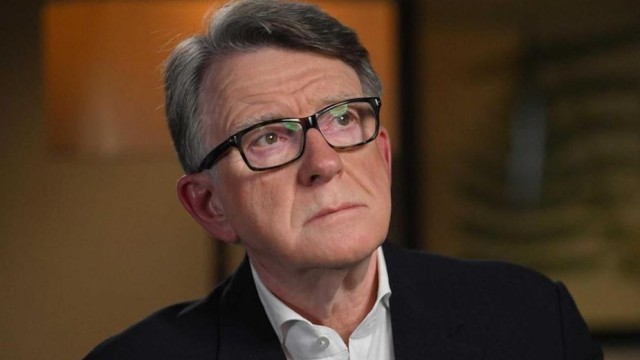




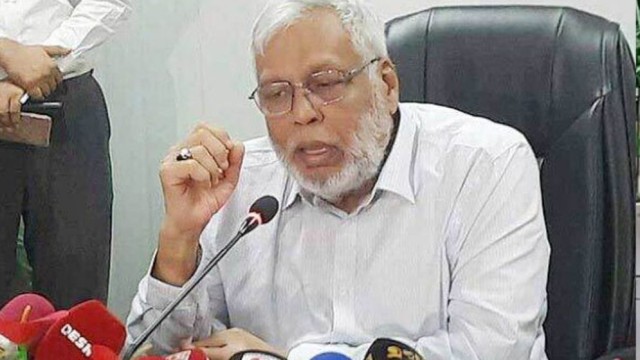


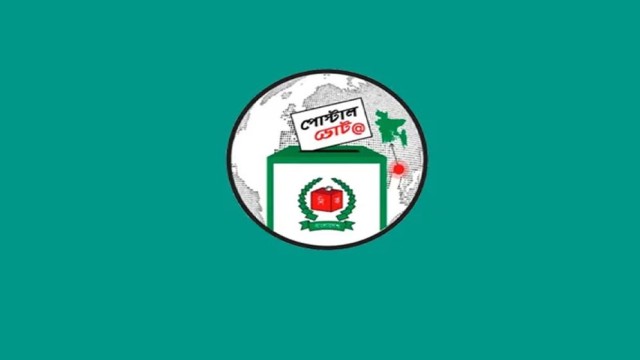
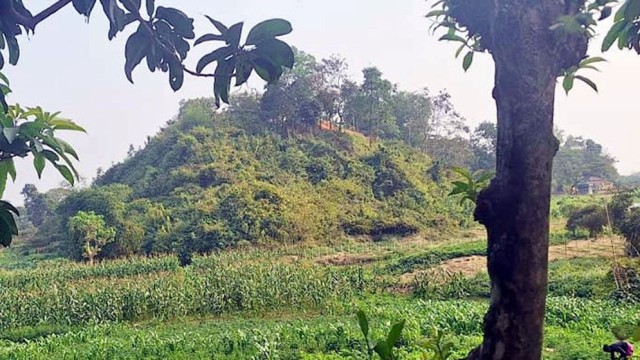



Comment: